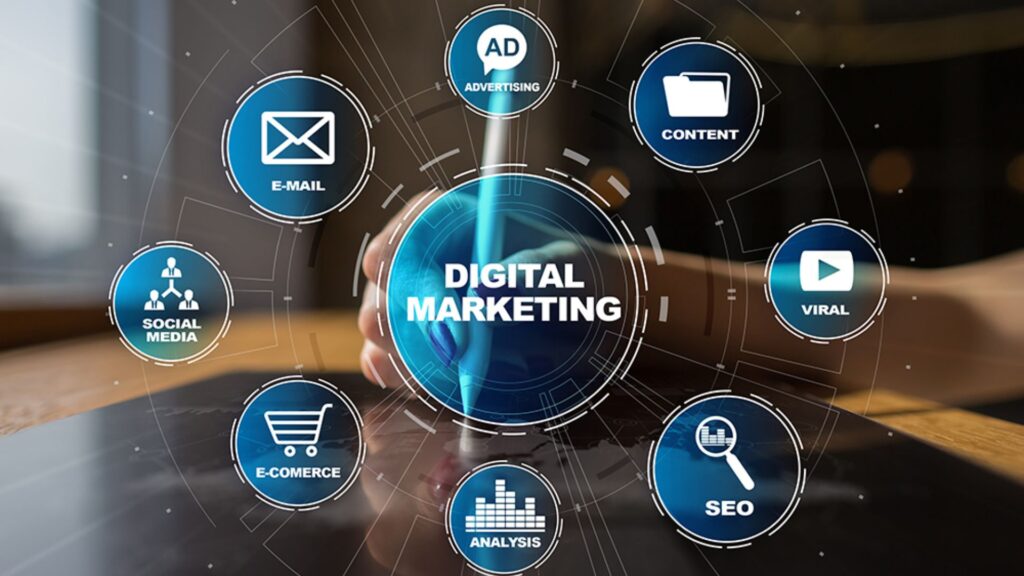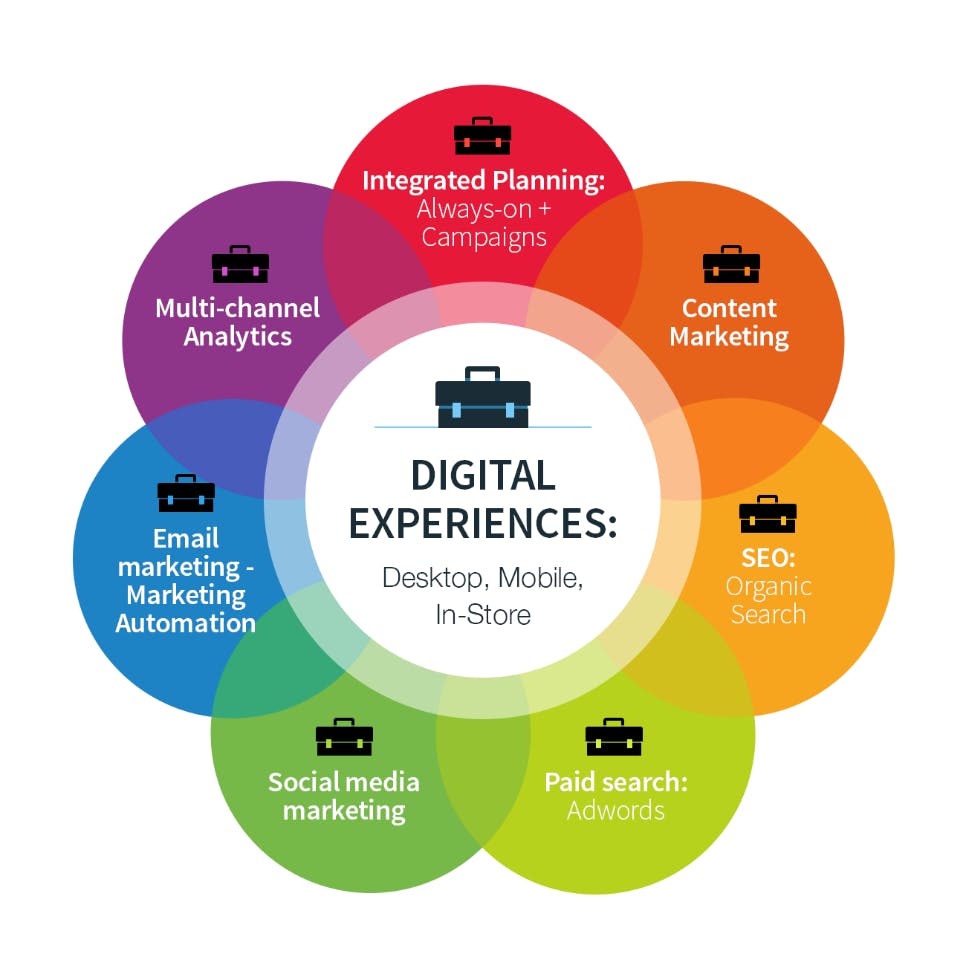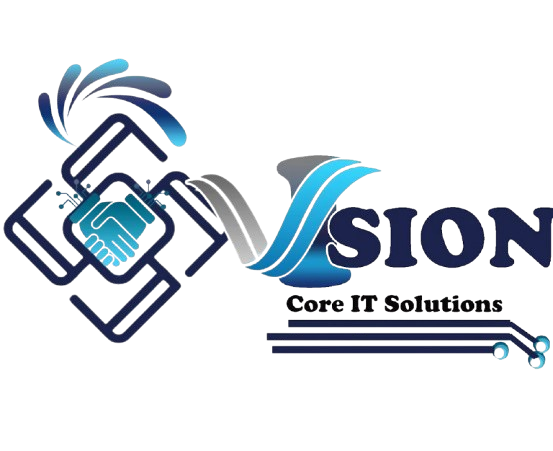What is Digital Marketing?
Digital marketing is a comprehensive strategy that leverages digital channels, technologies, and platforms to promote products, services, or brands. It encompasses a wide range of online tactics and techniques to connect with a target audience, engage potential customers, and drive business growth. In the IT industry, it plays a pivotal role in reaching tech-savvy audiences and staying ahead in a rapidly evolving digital landscape.
This Course is an ever-evolving field, driven by technological advancements and shifts in consumer behavior. Staying up-to-date with these trends and incorporating them into your marketing strategy can give your IT-related website a competitive edge in the digital landscape.


Why Choose Digital Marketing?
-
Global Reach: It allows businesses to reach a global audience without geographical limitations, expanding their market potential.
-
Cost-Effective: Compared to traditional marketing methods, It is often more cost-effective, offering better ROI for businesses of all sizes.
-
Targeted Advertising: This platforms provide tools for precise audience targeting, ensuring that marketing efforts reach the right people at the right time.
-
Measurable Results: This Course campaigns can be tracked and analyzed in real-time, providing valuable insights into their performance. Marketers can adjust strategies based on data.
-
Interactivity: It encourages two-way communication between brands and their audiences. It fosters engagement through social media, email, and interactive content.
-
Personalization: Personalized marketing messages and recommendations based on user behavior can enhance the customer experience and boost conversions.
-
Flexibility: It allows a quick adjustments and testing of different strategies, making it easy to adapt to changing market conditions.
Latest Trends in Digital Marketing
Social Commerce: Social media platforms are integrating e-commerce features, enabling users to shop directly from posts and ads without leaving the app.
Influencer Marketing: Collaborating with social media influencers to promote products and services is a powerful trend, as influencers have highly engaged and loyal followings.
Voice Search Optimization: With the rise of voice-activated devices, optimizing content for voice search is becoming essential for SEO.
Chatbots and AI: AI-powered chatbots provide instant customer support and personalized recommendations, improving user experiences.
Interactive Content: Interactive content, such as quizzes, polls, and surveys, engages users and collects valuable data.
Privacy and Data Protection: As concerns about data privacy grow, marketers must prioritize transparency and comply with data protection regulations like GDPR and CCPA.
Micro-Moments: Catering to users’ intent in the “micro-moments” when they turn to their devices for quick answers is a focus for marketers.
User-Generated Content: Encouraging customers to create content related to your brand can build trust and authenticity.
Augmented Reality (AR) and Virtual Reality (VR): AR and VR technologies are being used for immersive brand experiences and product demonstrations.
Local SEO: Local businesses are focusing on optimizing their online presence to target local customers effectively.

